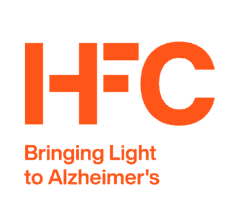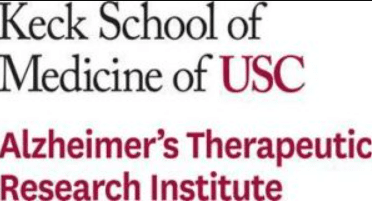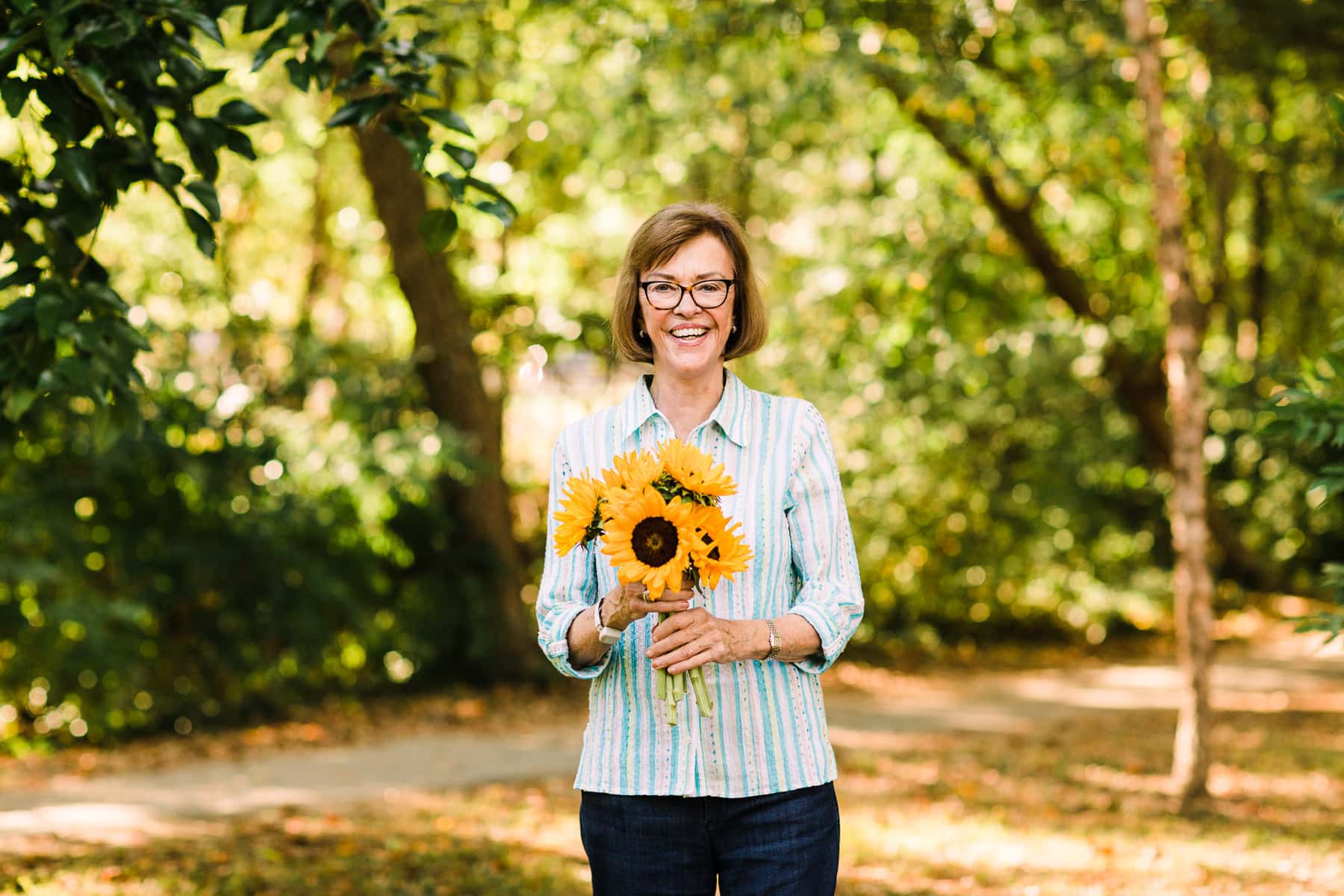Kensington Senior Living is proud to present Care. Cure. Prevent., a virtual panel on everything brain health including the care, cure and prevention of Alzheimer’s disease.
Lauren Miller Rogen of HFC leads this dynamic panel as they share the latest breakthroughs in Alzheimer’s research and treatment options. They discuss the impact of brain disease on families, what to do after diagnosis, and how to manage challenges that commonly result from changing family dynamics. They offer recommendations about lifestyle habits that can help reduce the risk of memory loss and other degenerative brain diseases.
This event is in collaboration with Cedars Sinai, UCLA, USC, UCSF and Stanford, with a panel discussion moderated by Lauren Miller Rogen.
Learn more about:
- Exploring the human factor of Alzheimer’s disease, the myths vs. the facts.
- What to do after receiving a dementia or Alzheimer’s diagnosis.
- How to prevent Alzheimer’s disease and the impact of hereditary risk factors.
- Recent breakthroughs in research, treatments, and blood test diagnosis.
- How will the Biogen drug approval will impact our community.
- Navigating family dynamics and overcoming caregiver challenges.
All of us at Kensington Senior Living thank our professional partners who generously share knowledge that helps keep our care and services current. We encourage event attendees to visit our websites to explore our comprehensive spectrum of programming and support for all who are affected by memory loss.
The Presenters:
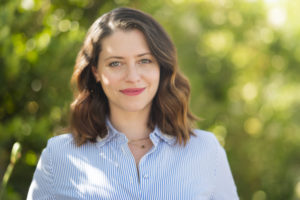
Lauren Miller Rogen, Co-Founder, HFC is a screenwriter, director, producer, and philanthropist, whose life has been touched many times over by Alzheimer’s. In 2012—when Lauren’s mother was diagnosed with early-onset Alzheimer’s disease at just 55 years old— Lauren, still in her twenties, co-founded HFC to activate the next generation of Alzheimer’s advocates. Since then, Lauren and the HFC team have brought significant awareness to Alzheimer’s, raising millions of dollars to award free, quality in-home care to families in need of respite and support – all while using humor and hope to engage people. Her dedication to sharing her personal story and using humor as a form of advocacy has left an indelible impact on the Alzheimer’s space. Since 2013, Lauren has served as the Alzheimer’s patient advocate on the board of California’s Institute of Regenerative Medicine (CIRM). She also sits on the California Alzheimer’s Task Force and the Steering Committee of the Milken Institute’s Alliance to Improve Dementia Care. In 2012, Lauren starred in, co-wrote, and produced the film For A Good Time Call, which premiered at the 2012 Sundance Film Festival. She made her feature-length directorial debut in 2018 with the “dramedy” Like Father, a film she wrote and which starred Kristen Bell and Kelsey Grammer. If there is one thing Lauren wants people to remember, it’s that Alzheimer’s doesn’t have to be sad or scary when you’re fighting against it. You can come to an HFC event and have fun, but also do something for Alzheimer’s.
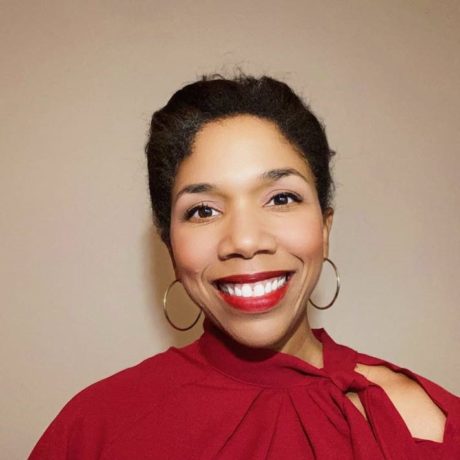
Doris Molina-Henry is an Assistant Professor at the USC Keck School of Medicine Alzheimer’s Therapeutic Research Institute. She is part of the leadership at the Alzheimer’s Therapeutic Research Institute in San Diego. Her work is focused on the science of clinical trial recruitment and retention of diverse participants into clinical trials. Currently, she works on evaluating strategies that promote participation in clinical trials that aim to help prevent the symptoms of Alzheimer’s well before they begin in individuals who are cognitively healthy but are at high risk for the disease in the future.
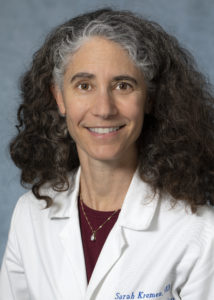
Dr. Sarah Kremen, MD is a behavioral neurologist and the Director of the Neurobehavior Program at the Jona Goldrich Center for Alzheimer’s and Memory Disorders at Cedar-Sinai Medical Center. She completed her residency in neurology at UCLA and her fellowship training in Behavioral Neurology and Neuropsychiatry at the Greater Los Angeles VA Medical Center. She sees patients with memory, language and other cognitive disorders due to Alzheimer’s and other neurodegenerative diseases. Her research has focused on clinical trials and observational studies of people at risk of developing Alzheimer’s and those already diagnosed with mild cognitive impairment and dementia due to Alzheimer’s. Dr. Kremen is actively engaged in educational efforts to improve evaluation and detection of dementia in the primary care setting and to raise community awareness about Alzheimer’s and other dementias. She is a member of the Medical and Scientific Advisory Council for Alzheimer’s Los Angeles.
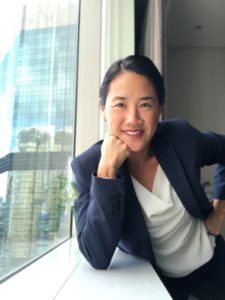
Dr. Sharon Sha, MD is a Clinical Associate Professor of Neurology and Neurological Sciences at Stanford University where she serves as the Medical Director of the Stanford Neuroscience Clinical Trials Group, Co-Director of the Huntington’s Disease Center of Excellence and Ataxia Clinic, Co-Director of the Lewy Body Disease Association Research Center of Excellence, Clinical Core Co-Leader of the Stanford Alzheimer’s Disease Research Center, and Director of the Behavioral Neurology Fellowship. Her clinical time is devoted to caring for patients with Alzheimer’s disease and other neurodegenerative disorders. Her research is devoted to finding treatments for cognitive disorders. Her recent work focused on the safety of young plasma for the treatment of Alzheimer’s disease. Dr. Sha received a Master’s degree in Physiology and an MD from Georgetown University, followed by Neurology training at UCLA and Stanford University. She completed a clinical and research fellowship in Behavioral Neurology at UCSF, where she focused on identifying biomarkers for genetic forms of frontotemporal dementia and caring for patients with movement disorders with cognitive impairment.
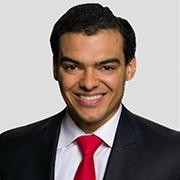
Charles Windon, MD, is an assistant professor of neurology at the University of California San Francisco Memory and Aging Center. In his current role he participates in the clinical care and management of those with memory decline and cognitive changes, while also maintaining a variety of research projects. Dr. Windon’s research efforts are particularly focused on exploration of novel imaging and blood-based biomarkers for the detection and diagnosis of Alzheimer’s disease and other neurodegenerative conditions. In addition, he seeks to understand the impact of social determinants of health (where we live, play, and work) on cognition. His work aims to explore how these social determinants explain disparities in Alzheimer’s disease and dementia between different groups. Dr. Windon’s work has been generously funded through organizations like the Alzheimer’s Association and the National Institute on Aging. He has also received fellowship awards from the Tau Consortium.

Dr. Leila Parand, MD is the Assistant Clinical Professor of Neurology at the David Geffen School of Medicine at UCLA. Her specialties include Neurology, Alzheimer’s Disease, Memory Disorders, and Dementia.
